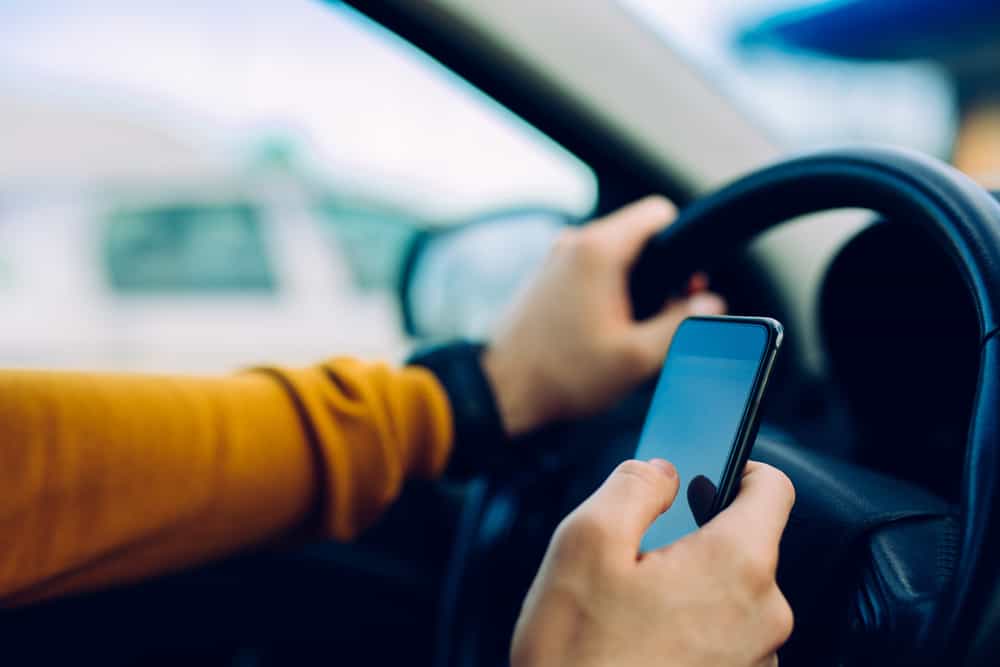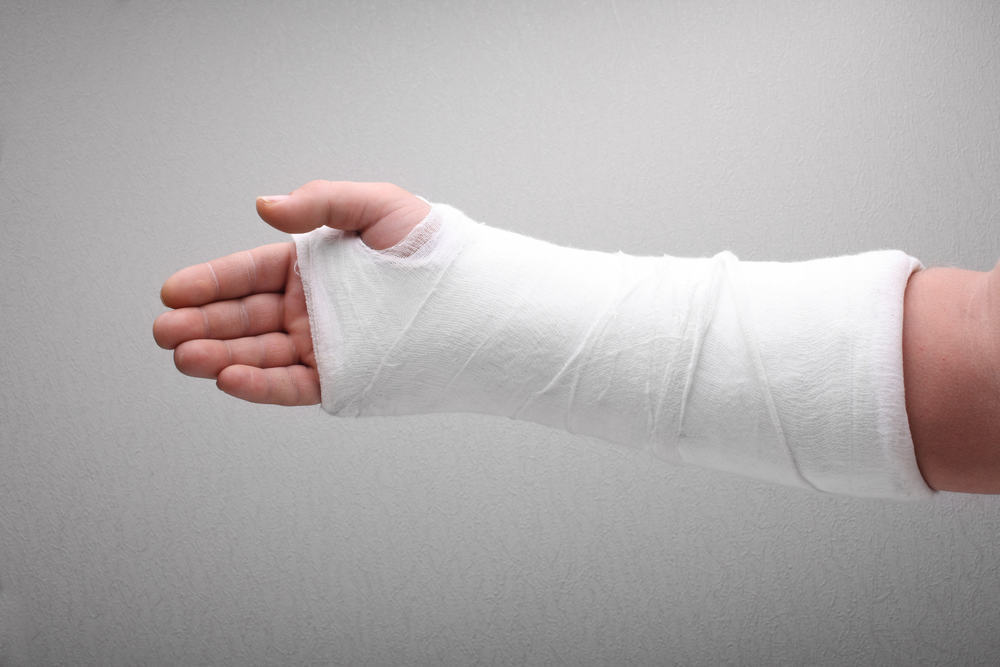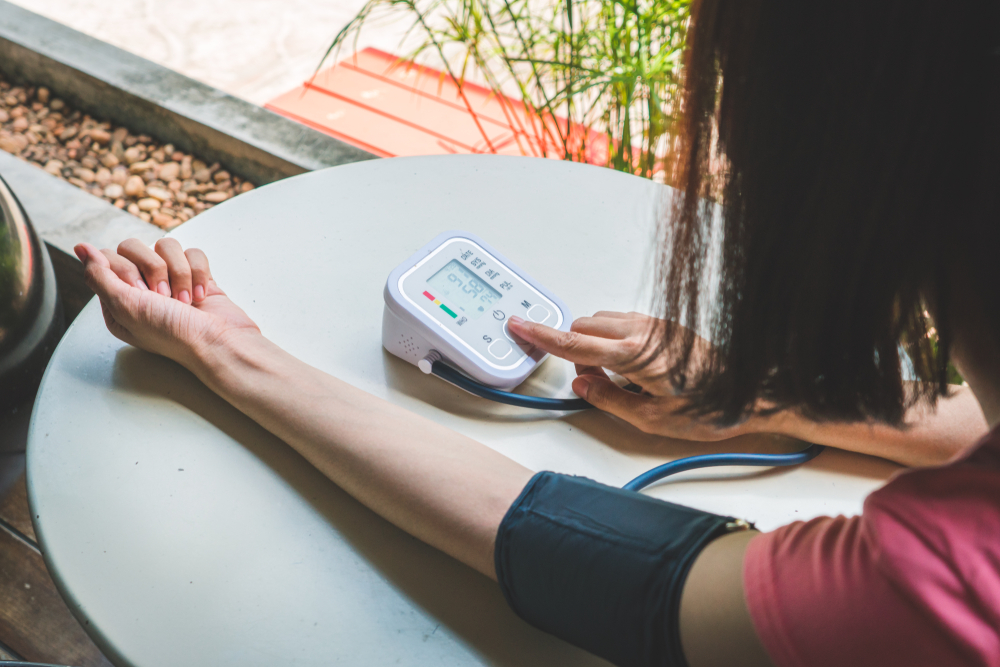Contents:
Medical Video: How Your Smartphone Affects Your Brain And Body
If you are reading this article while driving a car, we recommend that you briefly roll over to the shoulder of the road before continuing to scroll through our page.
If you've seen TV commercials or glanced at super-large community service billboards on the side of the road, you must have known that driving while holding a cellphone is dangerous - whether it's for texting, receiving calls, or opening maps. Ironically, even though almost all drivers know very well that driving a car while texting is not safe, they still do it.
In fact, what is advertised so far is not without reason. Driving a car while holding a cellphone does not only threaten your safety on the road, but also other road users.
Why driving while texting is considered normal?
The ability to multitask is so deified in the midst of modern society as a recognition that he is the most effective in completing several tasks at a time. Pressure to increase productivity also tempts us to continue using cellphones, even when we are behind the wheel. Addiction is what drives this behavior.
Humans tend to do multitasking because they are looking for sensations and are impulsive. There is a psychological mechanism in which one is able to deny the fact that this one event will not be dangerous. We underestimate this behavior with an increase in self-confidence in their multitasking abilities - "It's often driving cars while texting, and it's safe, bro."
While if you want to be compared, the attraction of receiving a call or replying to a short message is actually similar to gambling. Both can be a push that is difficult for some people to overcome. Every time we wait for a short message from someone, there is an anticipation that awakens within us that the content of the message is good news. And if true, the body will be flooded with dopamine released by the brain, which produces excitement. If the content of the message is not good news, of course the effect of this mood generator is eliminated. However, the time and / or content of the message / topic of telephone conversation is not always predictable.
This uncertainty triggers the compulsive nature of oneself. This compulsive nature then creates a sacred sensation when we are not using a cellphone, such as feeling disconnected and excessive anxiety - which causes you to go back and forth to check your cellphone while driving, anxiously waiting for a reply (which doesn't even come at that moment). In fact, humans are not designed to be multitasking.
The human brain is confused when forced to drive while playing mobile
What the brain does actually diverts focus from one thing to the other at an enormous speed. This super ability of the brain makes you think you are doing a lot of things together. In fact, you only delay doing one of them, to concentrate on newer tasks. This is because to complete a number of different tasks, you can use one part of the same brain at one time.
When you focus on driving a car, the brain will absorb and store it in a part of the brain called the hippocampus, so that it is easily recalled later. However, when you divert attention from paying attention to the street and then checking your cellphone, new information cannot be processed quickly. The information that we absorb later is actually sent to a part of the brain called the striatum, which is responsible for all actions of the body, not data storage. Sending information to the striatum will make the brain store information in the wrong place.
On the other hand, hand and foot movements that can reflect one another allow humans to use many tools. But the limitation of the number of hands that are only two pieces is the universal way to limit how many devices can be operated simultaneously. When driving, both hands are required to continue to be on the handle. This prevents the availability of limbs to operate cellphones while driving, and any use of cellphones will lead us to high-risk disorders when driving.
Driving a car requires a focus on sight, alertness, and sharpness of thought. Similarly, by replying to a short message. The nerves that command the fingers to tap the keyboard above the touch screen are not able to alert the driver to the possibility of obstacles in front of the eye simultaneously. This makes it harder for you to focus and be aware of the environment.
The ability to make decisions based on the process of hearing and vision can also stagnate due to energy for you to focus on the streets used to concentrate on staring at the cellphone screen, so as not to typo. So that maybe, when suddenly there is a vehicle that cuts the road, the body's natural reflexes will have difficulty reacting quickly: having to slam the steering wheel, horn, remove the cellphone, or braking. Without realizing this, this will make the driver around look shocked and it is very possible that a fatal accident will occur.
The five seconds needed to reply to a new message on the phone's screen will never be equal to just a fraction of a second that it takes for a collision to occur when you drive a car while texting.












